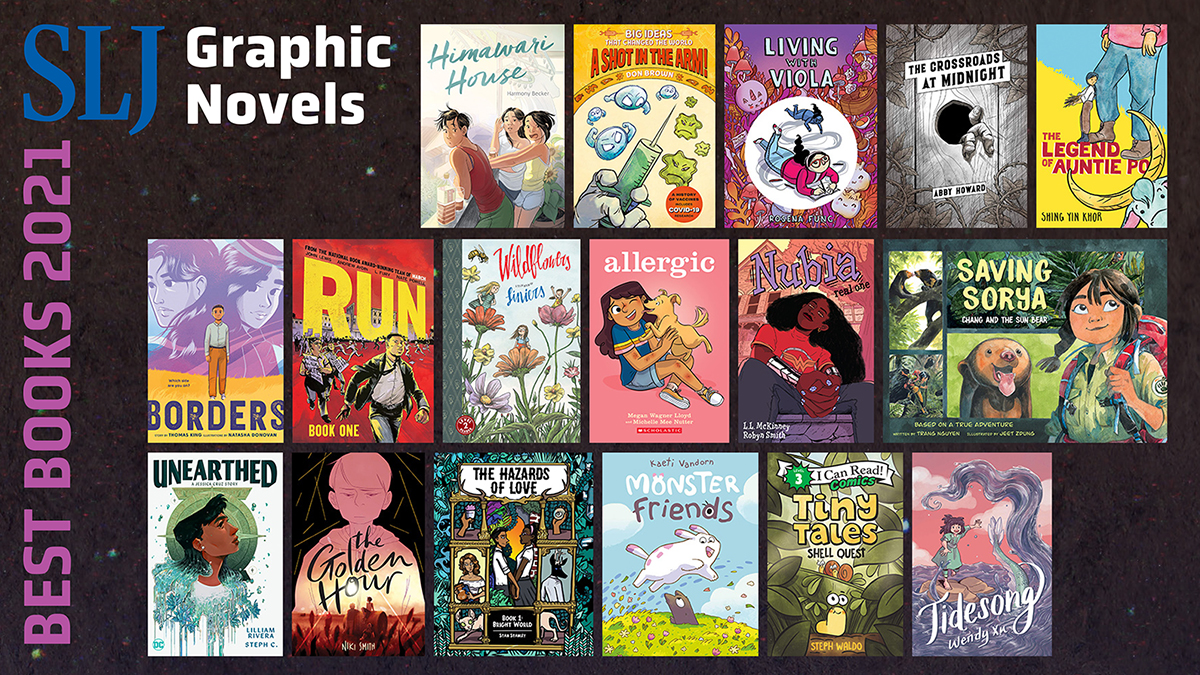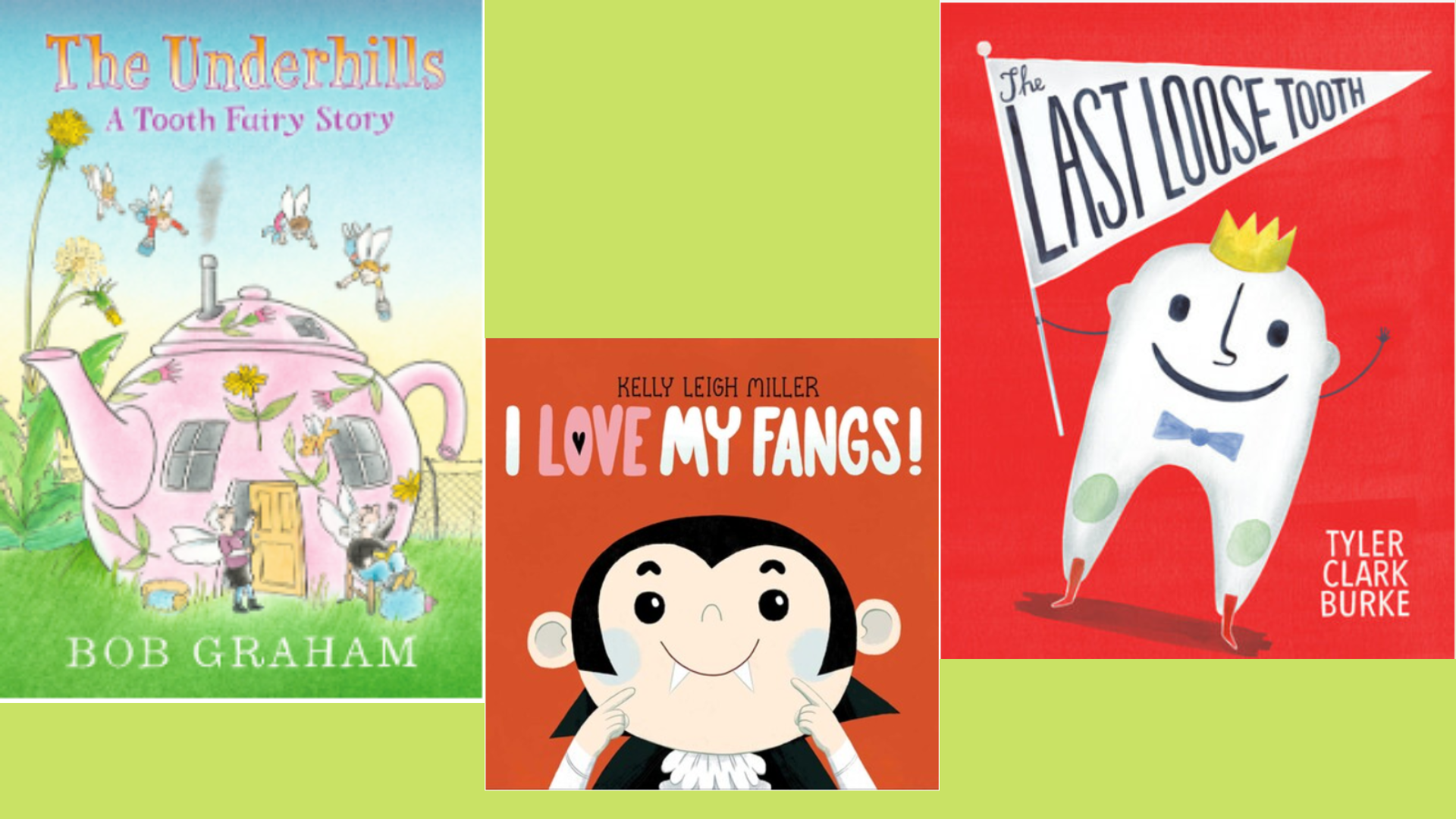Review of the Day – Off to War: Voices of Soldiers’ Children by Deborah Ellis
 Off to War: Voices of Soldiers’ Children
Off to War: Voices of Soldiers’ Children
By Deborah Ellis
Groundwood Books/House of Anansi Press
$15.95
ISBN: 978-0-88899-894-1
Ages 10 and up
On shelves now
It probably happens less in New York than in other parts of the country, but as a children’s librarian I occasionally get a request for children’s books discussing the war in Iraq or Afghanistan. And frankly, there’s not a whole lot to choose from. On the fictional side of the spectrum you can probably grab a copy of Alan Madison’s 100 Days and 99 Nights, though I don’t believe it actually names the war the dad’s gone off to. The Homework Machine by Dan Gutman was one of the first books I’d read where a character’s dad is in Iraq (and not Desert Storm), but it’s fairly peripheral to the action. And then of course there was Sunrise Over Fallujah by Walter Dean Myers, but by that point you’re squarely in YA territory. Things were even bleaker in the non-fiction area of things until the appearance of Deborah Ellis’s Off to War: Voices of Soldiers’ Children. Known primarily for gritty YA novels that discuss children’s lives in other countries, Ellis takes a back seat in this book and let’s the kids take center stage. Interviewing some forty-odd children between the ages of six and seventeen, Ellis’s military children talk about what it really feels like to have a member of your family going off to war. If you’ve ever wondered, now you can know.
What does it feel like to be left behind? To watch someone you love put themselves into danger on a regular basis? To find that the person who left is not always the same person who comes back? Author Deborah Ellis systematically speaks to a wide swath of soldiers’ children, always coming back to the same questions. What does your parent do? How long have they been gone? How much do you miss them? The reader never reads Ellis’s questions, only the responses of the kids. The result is that the children have the book almost entirely to themselves. Through their eyes we hear stories like those of Matt, Allison, and Lewis who love their dad and want to follow in his footsteps. Or Mikyla and Marina who sense changes in their father after he’s returned from overseas. We hear the voice of an anonymous 17-year-old girl whose already violent father was pushed over the edge when he came back from war, or the kid who had to deal with an abusive mother when the stress of his father’s departure became too much. Each section begins with an explanation of some aspect of what the children will be discussing, whether it’s where they’re stationed, the role of US Special Forces, or simply what post-traumatic stress disorder is like. The book ends with a Glossary of terms and a bibliography for further reading
ADVERTISEMENT
ADVERTISEMENT
As a human rights activist, Ellis isn’t interested in launching into some kind of self-righteous political statement with this book. In fact, the book appears to have been put together with great care in terms of politics and points of view. There is a wide range of kids, opinions, political views, and personal accounts here. Some kids, most I would say, repeat the party line. That we’re fighting them over there so that we don’t have to fight them over here. That we’re over there to help the Iraqis achieve democracy. Other kids take different points of view. One discusses her abhorrence of the war and of President Bush, even as she adores her military dad. Another child of pagan parents (and the section regarding pagans in the military is a fascinating read in and of itself) expresses her own opinions on the matter. But more than any of this, Ellis is interested in the children and what they really think. They are the true focus of the book.
What I think is important to remember here is that Ellis does not edit these kids’ opinions or justifications. Several discuss the fact that a lot of military personnel die overseas because they haven’t been trained properly. This may be true, but you sense that perhaps the kids are also saying this because they feel that their own parents have been trained sufficiently to keep themselves alive. At the same time you have kids saying things like, “There’s always going to be something that happens and people are always going to fight. One of the jobs of the army is to deal with people who rebel against things and people will always rebel.” Harsh. And when a kid sees a link between 9/11 and the invasion of Iraq there isn’t a section in the book that says, “This isn’t true”, or “This kid doesn’t have all their facts straight.” You’re getting their thoughts and their opinions straight from their mouths without interference.
You grow also attached to the kids too, some more than others. Ashley, for example, has a wry sense of humor. When asked about what she wants to be when she grows up she says, “I have no idea what I’ll do with my life. My hobbies are playing sports and aggravating my older sister, but it’s not really possible to make a career out of that.” And it’s hard not to worry about the anonymous 17-year-old who wants to escape her father’s abuse but doesn’t know how. Here’s a kid who lied to family services because she didn’t want to suffer her dad’s retribution. What happens to her? We never know.
After reading the kids’ accounts after a while you begin to detect patterns or similarities. On their future jobs, the kids split into two groups. Either they want to follow in the footsteps of their parents and, often, grandparents and join the armed forced or they want to grow up to be pediatricians, vets, or people who help others in some capacity. Almost all of them say that their mothers are particularly strong individuals. You also begin to notice when Ellis has asked the same question over and over again. Questions like, “What is your advice for other military kids?” (the child whose father died in the war answers this with a blunt, “I don’t have any. I’m not a military kid anymore.”). Or, “Has your parent changed since they came back from the war?”
I guess I sort of walked into this book forgetting that it was Canadian. Groundwood Books, after all, is a Canadian press based out of Toronto. It didn’t really occur to me any too regularly, though, until little things started cropping up. The overwhelming love of Tim Horton’s doughnuts, for example. Or the fact that the informational bits at the beginning of each section will give away the intended readership with sentences like, “There is not a Canadian equivalent” (in this case referring to The National Guard). To be fair, for all the off-hand references to Timbits and the like, Ellis does slow things down a bit to explain the Canadian situation to those readers not familiar with their politics. So it is that on page 152 we get an explanation of Canada’s role in Afghanistan and, to a lesser degree, Iraq. We see children in American families as well as Canadian. It all works together without a hitch.
ADVERTISEMENT
ADVERTISEMENT
If I’d had my druthers I probably would have ended Off to War with the interview of siblings Oliver, Kira, and Jasmine. Together the three seem to sum up what the book’s been saying the best. The three have different opinions on things and would have made for good closure. It got me to thinking about the way in which these interviews are laid out. When you begin, all the kids in it are so happy with the military that they want to join it like their parents have. As you continue through, you see the opinions break apart and change. By the end, you’ve met a variety of ages and ethnicities, as well as the kids that have had to deal with emotional abuse, physical abuse, and the death of a parent.
Some people are going to take a glance at this book’s subject matter and rush to conclusions in terms of its content. Too bad since I think Ellis has struck a perfect balance here. This is the kind of book that children from military families will want to read, while civilians (particularly anti-war civilians) will find that the range of opinions and types of kids in this collection yield fascinating stories. There’s something for everyone here. Ellis isn’t interested in propping up one opinion or another. Everybody has his or her say. The one thing they all have in common is that their parents are often gone. And no matter what your politics, that’s always a hard thing on the kids. I look forward to reading Ellis’s next book, Children of War: Voices of Iraqi Refugees.
On shelves now.
Notes on the Cover: First off, kudos for putting a black family on the cover of a children’s book without the title having to be about race or drugs or urban issues. The photograph that was chosen is absolutely mesmerizing, though. Almost too much so. All the bookflap tells us is that it’s by Renee C. Byer of the Sacramento Bee. But is the parent that is being hugged by family members going to war or have they all just gotten some kind of terrible news? And why is one child lying alone and bereft on the couch all by herself? What is going on here? The picture raises more questions than it answers.
Other Blog Reviews:
Misc:
- One dad was so proud of his son’s interview that on this webpage (dedicated to his kids) he makes a
 point that the boy’s interview can be found in the book on page 162.
point that the boy’s interview can be found in the book on page 162.
- Listen to this CBC Toronto interview with Ellis about the book.
- It’s Non-Fiction Monday. Picture Book of the Day has the round-up.
Filed under: Uncategorized
About Betsy Bird
Betsy Bird is currently the Collection Development Manager of the Evanston Public Library system and a former Materials Specialist for New York Public Library. She has served on Newbery, written for Horn Book, and has done other lovely little things that she'd love to tell you about but that she's sure you'd find more interesting to hear of in person. Her opinions are her own and do not reflect those of EPL, SLJ, or any of the other acronyms you might be able to name. Follow her on Twitter: @fuseeight.
ADVERTISEMENT
ADVERTISEMENT
SLJ Blog Network
Happy Poem in Your Pocket Day!
More Geronimo Stilton Graphic Novels Coming from Papercutz | News
Parsing Religion in Public Schools
Environmental Mystery for Middle Grade Readers, a guest post by Rae Chalmers
ADVERTISEMENT







